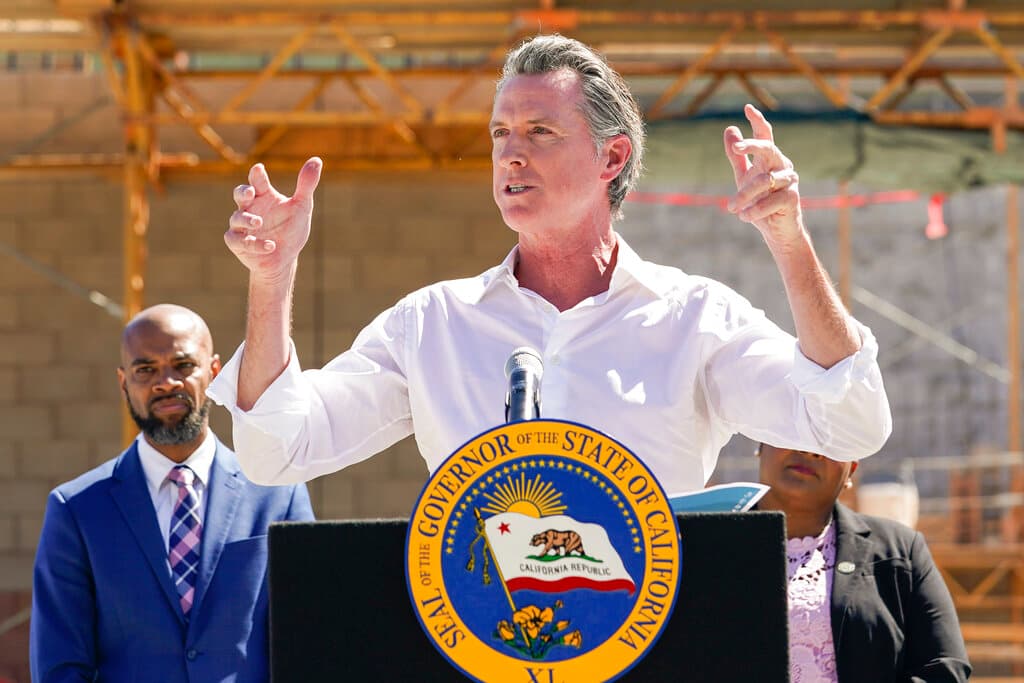Panera Restaurants in California, Owned by a Big Newsom Donor, Will Get a Break on State’s New Minimum Wage Law
Consumers could ultimately suffer as businesses seek to offset the extra expenses of higher wages for their employees.

The restaurant chain Panera Bread will be free from paying its employees an extra four dollars an hour that a new law will require of all fast-food restaurants in California thanks to the chain founder’s cozy relationship with Governor Newsom.
The California law will raise the state minimum wage at fast-food restaurants to $20 an hour from the existing amount of $16 an hour now. Chains that bake and sell bread as standalone items, though, are exempt from that rule — benefiting the likes of Panera Bread, whose 125 restaurants are owned by billionaire business titan Greg Flynn.
Governor Newsom advocated for the exemption, according to Bloomberg News. That might have something to do with the fact that Mr. Flynn, who runs the world’s largest franchisee operator of restaurants and fitness clubs, is a longtime donor to the governor. His California holdings include 24 Panera Bread spots.
The California law, signed in September, seeks to boost the health, safety, and wages of some 500,000 fast food workers across the state. It will give “hardworking fast-food workers a stronger voice and seat at the table,” Mr. Newsom said in a statement when he signed the law. The governor told reporters last year that Panera’s exemption to the law arose as “part of the sausage-making” of politics.
That process, it appears, includes giving a boost to a business colleague, Mr. Flynn, who has donated to the governor’s political campaigns. He has previously criticized the fast food bill, called the FAST act, for potentially killing the franchising business model in the state.
Several other eateries will get to duck the law when it takes place in April. Others, however, are bracing for wage increases of 20 percent. Bloomberg reports that McDonald’s will now have to produce an additional $250,000 a year at each of its locations across the state, which the company calls a “devastating financial blow.” Twenty-one other states are bumping up minimum salaries this year.
Consumers could ultimately suffer as businesses seek to offset the extra expenses. Chipotle, which apparently does not count as a bread-producer, said in February it is considering a “substantial increase” in its prices in response to surging minimum wages costs in California. That could be as high as 1 percent across all menu items.

